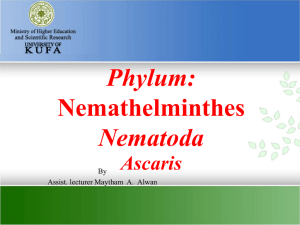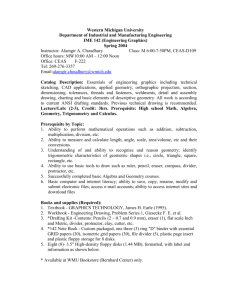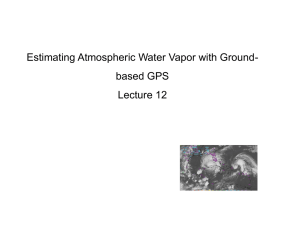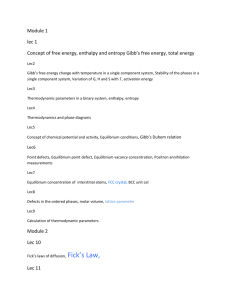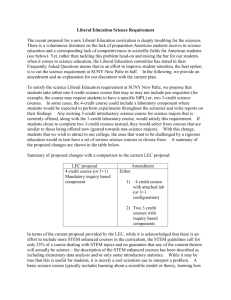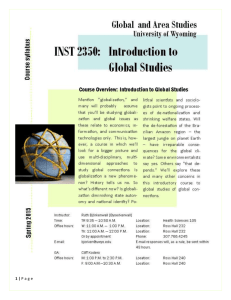COURSE PORTFOLIO
advertisement
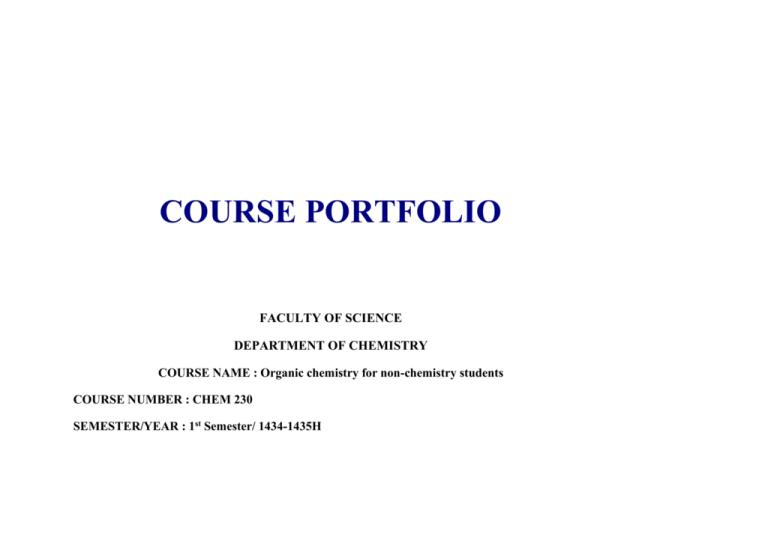
COURSE PORTFOLIO FACULTY OF SCIENCE DEPARTMENT OF CHEMISTRY COURSE NAME : Organic chemistry for non-chemistry students COURSE NUMBER : CHEM 230 SEMESTER/YEAR : 1st Semester/ 1434-1435H COURSE SYLLABUS Instructor Information Name of the instructor: Zahra Al-amshany Office location: Building / 07/ Room / 174 Office hours U, M,R., 8 — 9 , W lab 8 - 11. ; E-mail: zalamshany@hotmail.com Course Objectives This course aims to give the theoretical and experimental basis of organic chemistry for non-chemistry students. Expectation from students ; students are expected to share efficiently during the class by asking the questions ,and they are also welcomed to open or start discussion in the course related topics . They also expected to read and understand English to understand the terminology used in that course. They must attend the lectures and the lab sessions regularly to be able to make link between them. Learning Resources Main text books : " Organic chemistry, by Graham Solomons TW, Craig B Fryhle, 8th ed., 2007. Course Requirements and Grading Two exams: one quiz15 Marks & midterm exam 15 Marks. Attendance and participation: 5 Marks. Lab: 25 Marks ---10 degree, classified on 10 lab session ,1degree for each arranged on the (attendance, wearing the lab coat, writing the result in the lab note book and the bench and the equipments cleaning after work ) Final : 40 Marks The student should study hard to gain the fundamentals of the course. Attendance at the exact time of lectures and high degree of commitments is required. High concentration and side talking is forbidden. Effective participation of students during the lectures and this evaluated by a degree. Commitments by the time of quizzes and exams, and acceptable excuse must be given in case of absence More than 25% absence from the lectures will be prohibited from the final exam. Mobiles must kept silent during the lecture Mainly the students follow these rules but still few of them are not. Course Schedule Model (meeting three times a week) Week # 1 2 3 Date Topic Lec.1 Introduction to the course Lec.2 Atomic structure &M.O.T Lec.3 Hybridization of atomic orbitals Lec.4 Classification of organic compounds Lec.5 Nomenclature of alkanes Lec.6 Nomenclature of alkenes, alkynes and aromatic hydrocarbons Lec.7 Nomenclature of halogen compounds ,alcohols,phenols and ethers Reading Assignment What is Due? Buy Book Chapter 1 Chapter 2 Homework assignment #1 Homework assignment #2 Lec.8 Lec.9 Lec.10 Nomenclature of carbonyl compounds,carboxylic acids and its derivatives Nomenclature of amines and organic sulpher compounds Structural isomerism Chapter 3 Conformational isomerism 4 5 Lec.11 Lec.12 Configurational isomerism Lec.13 Optical isomerism Homework assignment #3 Lec.14 Quiz 1 Lec.15 Types of organic reactions and reactions of alkanes Chapter 4 6 7 8 9 Lec.16 Reactions of alkenes Lec.17 Reactions of alkenes and alkynes Lec.18 Reaction of aromatic hydrocarbons Lec.19 Reaction of halogen compounds Lec.20 Reaction of halogen compounds Lec.21 Reactions of alcohols and phenols Lec.22 Reactions of ether and carbonyl compounds Lec.23 Reactions of carbonyl compounds Lec.24 Reactions of carboxylic acids Lec.25 Reactions of carboxylic acid derivatives Lec.26 Reactions of amines Lec.27 Reactions of amines Lec.28 Heterocyclic compounds Lec.29 Heterocyclic compounds 10 Homework assignment #4 Homework assignment #5 Chapter 5 Homework assignment #6 11 Lec.30 Classification of carbohydrates Lec.31 The cyclic structure of monosaccharides Lec.32 Reactions of monosaccharides Lec.33 Reactions of monoaccharides Lec.34 Structure of oligo and polysaccharides Chapter 6 Classification of amino acids 12 Lec.35 Chapter 7 Optical activity Lec.36 13 14 15 Reactions of amino acids Lec.37 Reactions of amino acids Lec.38 Quiz2 Lec.39 Electric migration and separation of amino acids Lec.40 Peptides and proteins Lec.41 Terpenes Lec.42 Final revision Report Final Exam Practical Sessions Schedule Model Lab. # Date Exp/Practical title Reading Assignment What is Due? Safety & Regulations Buy the lab note. 1 2 3 Separation Techniques (1) Separation Techniques (2) + hydrocarbons Alcohols 4 Carbonyl compounds 5 Liquid carboxylic acids + Scheme 1 6 Midterm Exam 7 Solid carboxylic acids 8 Scientific conference 9 Phenols 10 Scheme 1 11 Scheme 2 12 13 -----------------------Final Exam
